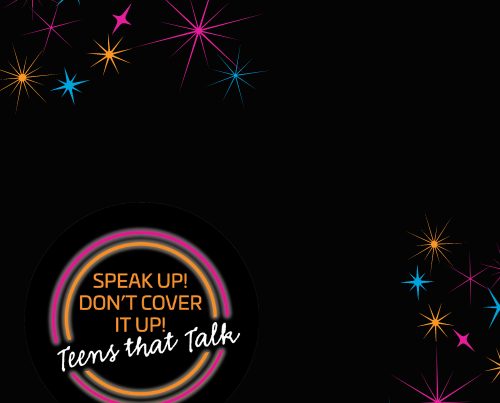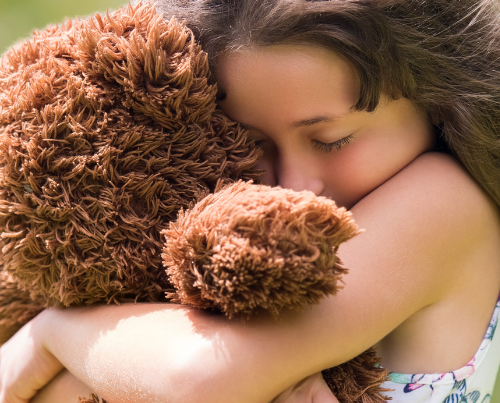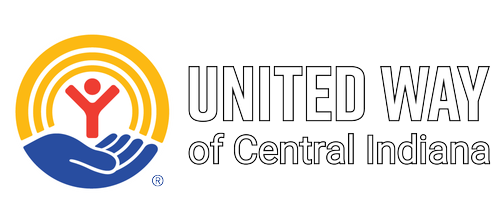Think of kids, and you might think of bicycles and tricycles. But there’s another kind of cycle in the lives of far too many kids: the cycle of domestic abuse.
What do we mean by the cycle of domestic abuse? Think about your family and your traditions. Think about Christmas and other holidays, the special things you do on birthdays, the vacations you’ve taken together, and how you spend rainy Saturday afternoons. As you got older and got to know other kids, you were probably surprised to discover that their families weren’t exactly the same, because you assumed that your activities were “normal.”
Now, what if growing up included some other things? Say, Dad screaming at Mom at 2:00 a.m. while you hid under the covers. Perhaps him slapping her because she cooked fish instead of hamburgers. Hearing him call her all sorts of names … and getting spanked when you used the same words. Maybe it’s Mom not being able to leave the house during the day, because Dad won’t let her drive … or listening to comments about how useless and stupid women are.
If you grew up in that environment, an environment that included an abusive relationship, you’d have a different view of “normal.” You might think that a wife who fell short of her husband’s expectations deserved to be punished. You’d probably assume that screaming at someone else was a perfectly acceptable way to express disappointment. You’d conclude that men were far more important than women, and were allowed to behave however they chose without fear of punishment. So who could be surprised if when you become a young woman, you seek out boys and young men who echo Dad’s behavior? Or if you’re a teenage boy, who can blame you for thinking it’s okay to ridicule, slap, or shove your girlfriend, because that’s when men are expected to do? Teen dating violence does not “just happen.”
That’s the cycle of domestic abuse. Without some kind of intervention, kids who grow up in abusive households won’t learn what healthy relationships are … and they’ll likely continue the cycle of abuse for another generation.
One of the most critical efforts at Sheltering Wings women’s shelter is our children’s programs. It’s our opportunity to ensure that the cycle doesn’t repeat. We help boys and girls see what healthy relationships look like. We teach them that nobody deserves to be abused. Ever. For any reason.
“My family is healing,” one 13-year-old boy tells us. So is he. “I am less angry at my abusers, and my attitude is improving. I feel safer and am a happier person since coming to live here.” Our children’s services have helped him cope with what he has seen. We’ve given him constructive ways to manage anger and frustration. He’s found role models in the men who volunteer with us, and now he knows how a real man treats the women in his life.
“If I had to give advice to other children or teens in a domestic violence situation I would I say I know how it feels, being hurt by bullies who are all shapes and sizes. Think about things in your life that do make you happy and push out all the negative things.” How many 13-year-olds have acquired that kind of wisdom? And, thanks to our children’s programs, someday he’ll pass that wisdom along to his kids.






